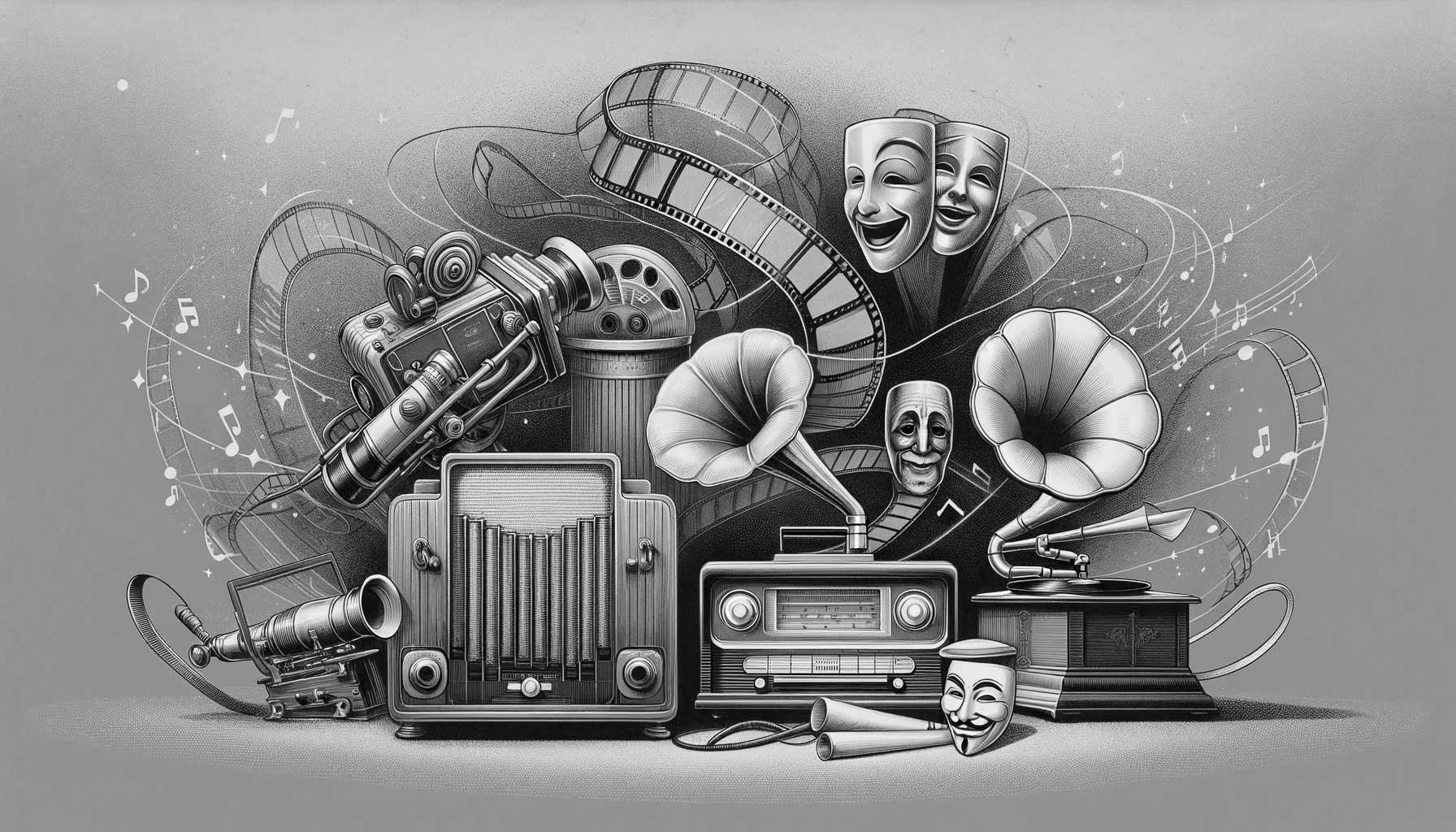Flashback to February 27
Entertainment History

In the world of music and copyrights, one of the most notorious cases to exist is that of “He’s So Fine”, a phenomenal song by George Harrison that put him in hot waters legally. This legendary case happened on September 7, 1976, when a US court found the ex-Beatle guilty of plagiarism. Filled with both astonishment and controversy, this iconic event continues to be a subject of intrigue, serving as an important topic related to copyright laws governing the music industry.
Back in 1976, George Harrison, a renowned former member of the iconic band The Beatles, was found guilty of plagiarizing the song “He’s So Fine”, originally performed by The Chiffons in 1963. This ruling shocked the music world, marking one of the first major cases of copyright infringement against a high-profile artist. The specific song Harrison was accused of plagiarizing for his massive hit “My Sweet Lord” wasn’t an obscure underground track; instead, it was the chart-topping song “He’s So Fine”.
The controversy unfolded when Bright Tunes Music Corporation, the owner of the copyright for the song “He’s So Fine”, filed a copyright infringement lawsuit against George Harrison. The lawsuit claimed that Harrison’s song “My Sweet Lord” was incredibly similar to the melody of “He’s So Fine”. Ultimately, the tumultuous legal battle culminated in an unprecedented verdict delivered on September 7, 1976, in which a US court found George Harrison guilty of “subconscious” plagiarism.
The trial was a landmark case for the music industry, demonstrating the severity of plagiarism and the consequences for those found guilty. The case became particularly notorious because of the involvement of a musical genius like Harrison, known for his distinctive melodies and enchanting lyricism.
The verdict, however, didn’t suggest that George intentionally copied “He’s So Fine”, instead, the court ruled that Harrison was guilty of “subconsciously” plagiarizing the song – a term that would, in years to come, gain significant attention in creative and legal circles. This unprecedented ruling raised questions about the nature of creativity and originality in the music industry.
Post the verdict; there was extensive debate about the vast gray areas surrounding the legal aspects of music creation. Several musicians, artists, and critics came forward to defend Harrison, arguing that artistic influences are inevitable when composing music. Despite the support from his peers, the former Beatle was left to face the legal consequences of the court’s ruling, which forever changed the landscape of copyright laws within the music world.
Despite the controversy, it didn’t impact Harrison’s popularity and love among listeners. The Beatles, along with George Harrison’s solo work, have continued to be celebrated by generations of music lovers, proving that this court case did little to tarnish their legacy. Nevertheless, the case acted as a wake-up call to the music industry, underlining the importance of respecting the intellectual property of other artists in music creation.
In the decades following the George Harrison plagiarism case, the event has remained a defining point in music copyright history. It has served as a reminder to all musicians and songwriters of the potential legal ramifications they could face if they do not take utmost care when creating their music. The verdict on September 7, 1976, was more than just a legal decision – it changed how artists approached songwriting, sparking conversations about originality, and inspiring musicians to be more mindful of their creative processes. This infamous case still reverberates today and will likely continue to influence music copyright laws in the future.
The George Harrison plagiarism case continues to hold significance more than 40 years later – not just as an unforgettable moment in music history, but also as a stern reminder about the importance of copyright laws and the harsh consequences that might stem from their infringement. As such, it stands as an enduring reminder to all creators about the imperativeness of understanding and respecting intellectual property rights. Not only did this event affect Harrison’s career, but it also shaped the future of music copyright laws, proving it to be an influential moment that resonates through the halls of music and legal history alike.
We strive for accuracy. If you see something that doesn't look right, click here to contact us!
Sponsored Content

The United States Senate…
On February 27, 1986,…

Stefan Paluselli composer, dies…
Renowned composer Stefan Paluselli…

Malika A Sabirova, Russian…
Malika A Sabirova, a…

Adam Sedgwick English zoologist…
On February 27, 1913,…

